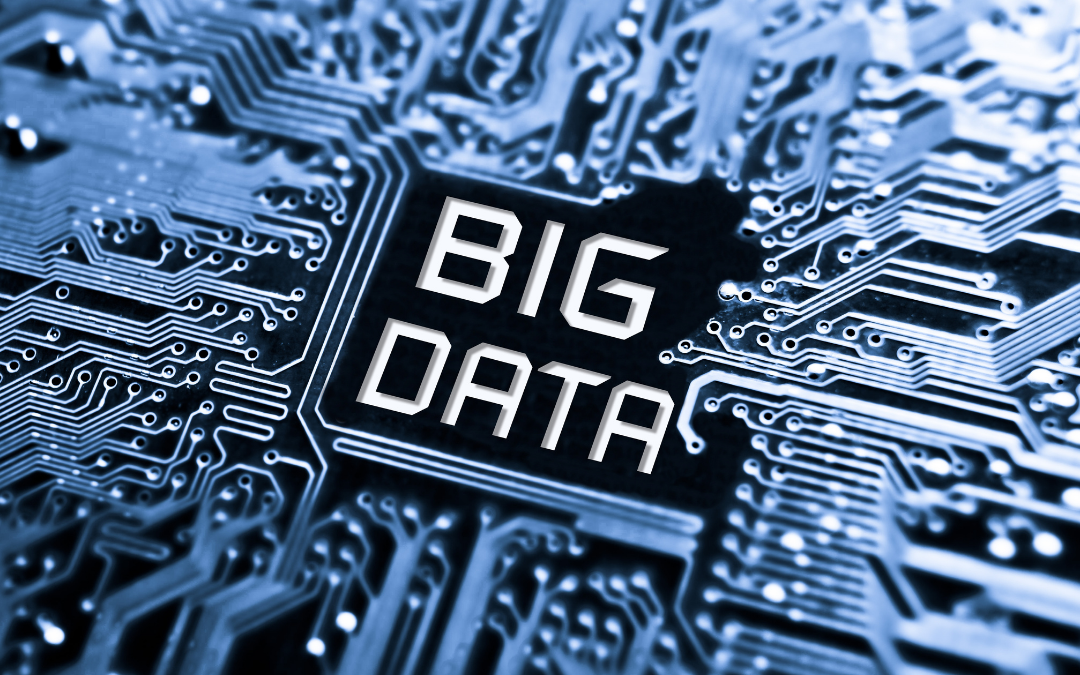The healthcare industry is undergoing a seismic shift with the advent of big data technologies. The integration of big data healthcare solutions has enabled organizations to analyze vast volumes of information, improving decision-making, patient care, and operational efficiency. From predictive analytics to personalized medicine, healthcare data analytics is transforming how healthcare providers and stakeholders deliver services. Let’s delve into the transformative role of big data in healthcare and the innovative solutions it brings to the table.
What is Big Data in Healthcare?
Big data in healthcare refers to the collection, analysis, and utilization of extensive datasets from various sources like electronic health records (EHRs), wearable devices, diagnostic tools, and insurance claims. These datasets help identify trends, predict outcomes, and improve overall healthcare delivery.
Key Areas Where Big Data is Transforming Healthcare
1. Enhanced Patient Care Through Predictive Analytics
- Predictive analytics uses patient data to foresee potential health issues, enabling early intervention.
- For example, by analyzing patient histories, healthcare providers can predict the risk of chronic diseases like diabetes or heart disease.
- This proactive approach reduces hospital admissions and enhances long-term patient outcomes.
2. Personalized Medicine
- Big data allows for tailored treatment plans based on individual genetic information, lifestyle, and medical history.
- It enables precise dosages, drug recommendations, and therapies that cater specifically to each patient’s needs.
- The rise of personalized medicine highlights the importance of healthcare industry data solutions in creating effective care models.
3. Operational Efficiency
- Healthcare providers leverage data analytics to streamline operations, reduce waste, and improve resource allocation.
- Hospitals use big data to predict patient admissions and optimize staffing levels, ensuring better care without overburdening resources.
4. Disease Surveillance and Management
- Big data plays a critical role in tracking the spread of infectious diseases.
- During the COVID-19 pandemic, real-time data analytics helped governments and organizations monitor outbreaks, plan resource distribution, and predict infection trends.
5. Clinical Research and Drug Development
- The use of big data accelerates clinical trials by identifying suitable candidates and analyzing vast datasets for insights.
- This reduces the time and cost associated with bringing new drugs to market, benefiting both patients and pharmaceutical companies.
Benefits of Big Data in Healthcare
1. Improved Decision-Making
- With healthcare data analytics, physicians and administrators can make evidence-based decisions.
- Data insights ensure treatments are not only effective but also cost-efficient.
2. Reduced Healthcare Costs
- By identifying inefficiencies and predicting risks, big data minimizes unnecessary tests and hospitalizations, cutting costs for both providers and patients.
3. Better Patient Engagement
- Wearable devices and mobile health apps collect real-time data, empowering patients to take charge of their health.
- These tools provide insights into activity levels, heart rate, and sleep patterns, promoting preventive care.
4. Enhanced Public Health
- Big data enables public health officials to identify and address health disparities, ensuring equitable access to care.
Challenges in Implementing Big Data Healthcare Solutions
Despite its transformative potential, big data adoption faces several obstacles:
1. Data Privacy and Security
- The sensitive nature of health data necessitates robust security measures to prevent breaches.
- Compliance with regulations like HIPAA (Health Insurance Portability and Accountability Act) and GDPR (General Data Protection Regulation) is essential.
2. Integration Issues
- Healthcare data comes from multiple sources in various formats, making integration a complex task.
- Ensuring interoperability between systems remains a significant challenge.
3. High Implementation Costs
- Adopting big data technologies requires significant investment in infrastructure, software, and training.
- Smaller healthcare providers may struggle to afford these costs.
4. Data Overload
- Managing and analyzing vast amounts of data without the proper tools can overwhelm organizations, leading to inefficiencies.
The Future of Big Data in Healthcare
The future of big data healthcare looks promising, with advancements in artificial intelligence (AI) and machine learning further enhancing its capabilities.
1. AI-Powered Analytics
- AI will make healthcare data analysis faster and more accurate, improving diagnostics and treatment planning.
2. Blockchain for Data Security
- Blockchain technology can ensure secure data sharing and reduce the risk of breaches, addressing privacy concerns.
3. Global Health Insights
- Big data can provide a global perspective on healthcare trends, helping policymakers address pressing health challenges.
4. Telemedicine Integration
- The rise of telemedicine will generate more data, enabling better remote patient monitoring and care.
Conclusion
Big data is undoubtedly redefining the healthcare industry, offering innovative solutions to longstanding challenges. From enhancing patient care to optimizing operations, the integration of healthcare data analytics is transforming the way healthcare is delivered.
While challenges like data privacy and integration persist, the benefits far outweigh the obstacles. As the industry continues to evolve, big data will play a pivotal role in shaping a more efficient, patient-centric, and equitable healthcare system.
The journey of healthcare industry data solutions has only begun, promising a future where data-driven insights revolutionize patient care and operational excellence.


